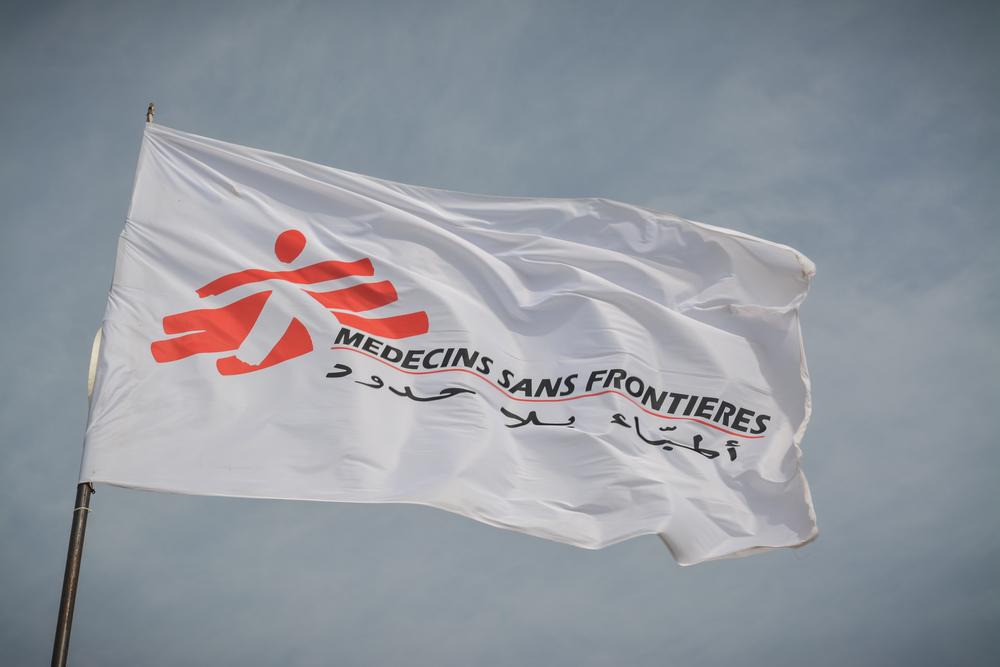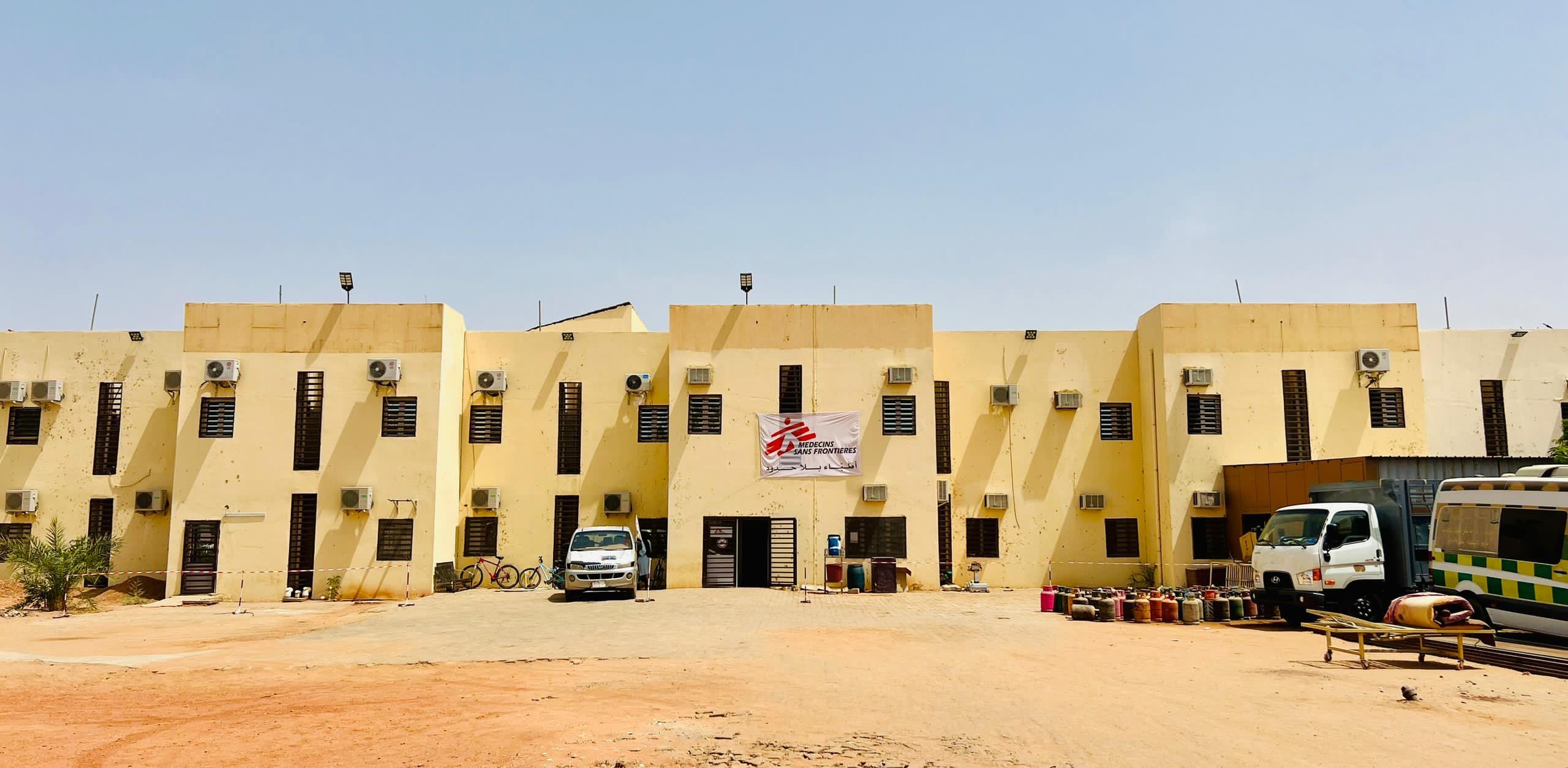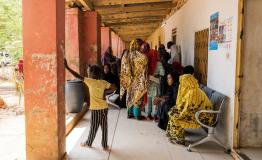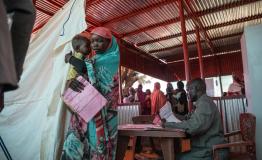An unconscionable ban that is preventing life-saving surgical supplies from being transported to hospitals in RSF-controlled areas of Khartoum is putting the lives of hundreds of people – including women and children – at risk and must be immediately reversed, says the international medical humanitarian organisation Médecins Sans Frontières (MSF).
Implemented since early September, and communicated to MSF by the Sudanese authorities on October 2, the ban is being enforced with the intention of preventing wounded soldiers from being able to receive life-saving treatment in the capital.
Such a ban not only contravenes the international laws of war – which the Sudanese Armed Forces and the Rapid Support Forces reconfirmed their commitment to in the Jeddah declaration in May – but also, by its very nature, will have deadly consequences on the lives of civilians who will also be deprived of treatment.
“The ban is a ruthless tactic that will likely cause the preventable deaths of hundreds of people in Khartoum over the coming weeks,” says Claire Nicolet, MSF’s head of emergencies for Sudan. “Two thirds of the surgeries we carry out in the Turkish Hospital are caesarean sections. In the past two months alone, we have performed 170 of such surgeries – without this procedure, many of the women and their newborn babies would have died. Women in labour needing C-sections already have very few options available to them in Khartoum. If we continue to be denied permission to bring surgical supplies to our hospital, soon they will have no options at all.”
When it comes to the war wounded, MSF treats people based on their medical needs. It is against medical ethics to refuse life-saving treatment to someone – no matter whether they have been fighting or whether they have been caught in the crossfire.
On September 10, when Gorro market was bombed, there were 103 casualties. 43 people were killed, and 60 wounded people were treated at Bashair Teaching Hospital, including women and children. However, MSF had to stop providing surgery in that facility in October because of the ban, meaning that the Turkish Hospital is now one of the only facilities in southern Khartoum with a fully functioning operating theatre. Following two mass casualty incidents on November 12 and 13, MSF received 128 wounded people in the emergency room of the Turkish Hospital. Several surgeries have already been performed – many patients are still waiting to go into theatre. As a result, there are now not enough supplies left in the hospital to last for even a month.
If MSF is not able to bring in more supplies, the operating theatre in the Turkish Hospital will also have to close its doors and there is no doubt that the death toll of this war will rise further, as women, children and men in need of life-saving surgery will be unable to get treatment.
Adding to the severity of the situation, the ban does not only impact on the transportation of supplies. Humanitarian workers – including medical personnel – are also being denied travel permits. Although there has been no official announcement to MSF from the authorities on this issue, the facts are that not a single member of medical staff – Sudanese or foreign – has received authorisation to travel to south Khartoum for work since early October. Despite the SAF committing at the talks in Jeddah to allow 90 trucks of relief supplies to travel to Khartoum, to-date no convoys have reached their destinations. Travel permits for MSF trucks remain blocked.
“There are MSF supplies and staff ready and waiting in Wad Madani, less than 200km from Khartoum,” Nicolet continues. “The Sudanese Armed Forces are actively blocking the delivery of medical care for the population of its capital. Although many departments of the Sudanese government, international organisations and diplomatic missions involved in the Sudanese crisis have been informed of the ban, they are yet to do anything about it. This heartless decision to leave women in labour to suffer, and for some to die, as a side effect of the inhuman policy to make wounded combatants bleed out to death is gruesome and must be reversed.”
MSF has worked in Sudan since 1979. We currently work in 10 states in Sudan, including Khartoum city and state, Al-Jazeera, White Nile, Blue Nile, River Nile, Al Gedaref, West Darfur, North Darfur, Central Darfur, South Darfur state.
MSF teams in Sudan are treating people injured in the fighting, including blast injuries and gunshot wounds, treating communicable and non-communicable diseases, providing maternal and paediatric care, running mobile clinics in IDP gathering locations and hospitals in refugee camps, providing water and sanitation support, and supporting healthcare facilities through donations, incentives to Ministry of Health staff, and training and logistical support. MSF is also continuing the majority of the activities that were in place before the start of the conflict.
MSF Sudan´s emergency response operates with a budget of 76 million euros for 2023 and a team of 1,145 Sudanese staff and 57 international staff in Sudan. MSF is also paying incentives to 1,358 Ministry of Health staff.



